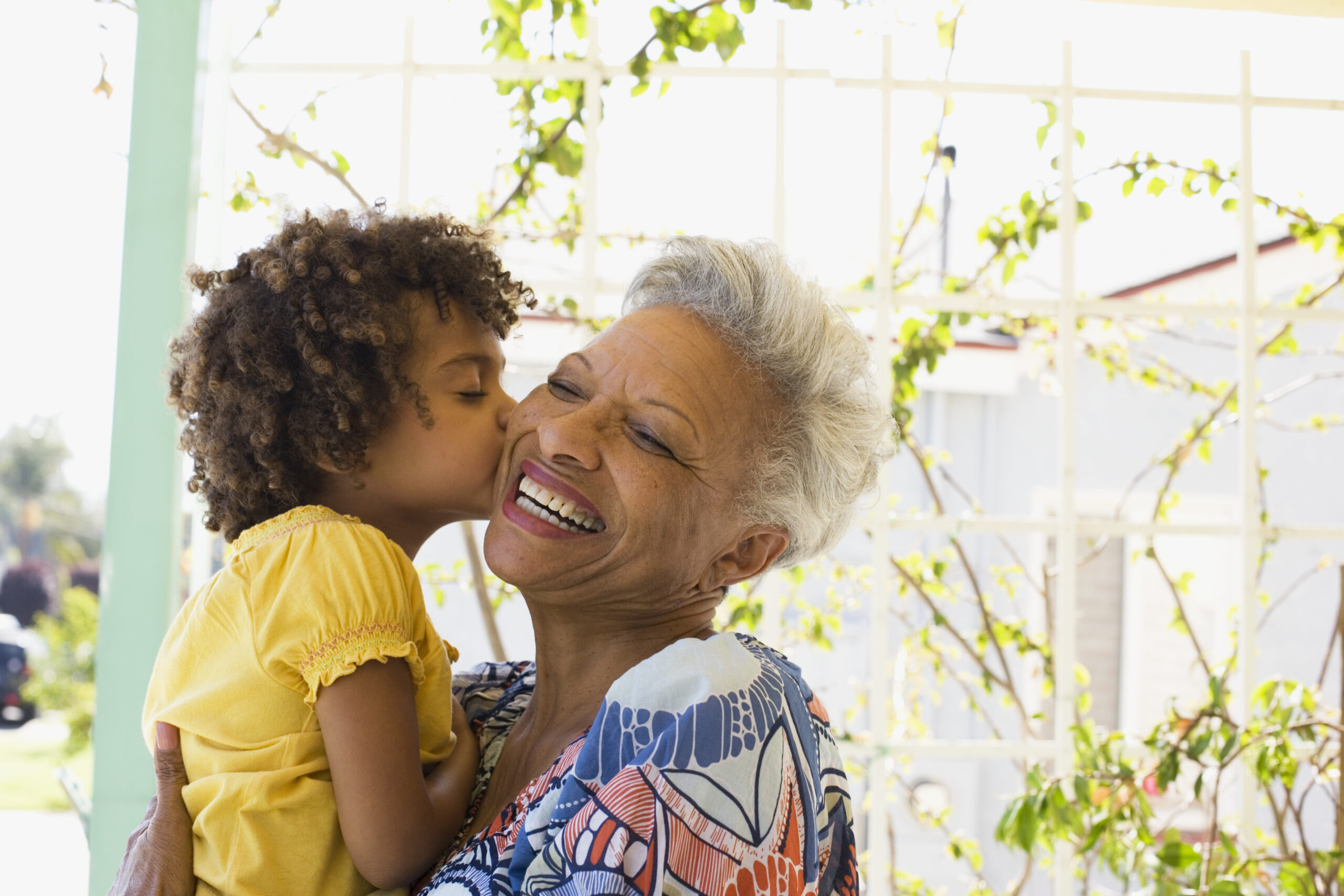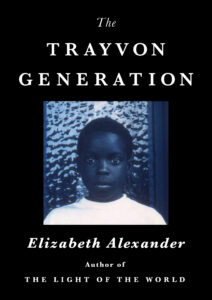The Power of Saying “No!” Set Your Boundaries, Find Your Balance
At Sage, we recognize that achieving a balanced and gratifying life is essential for the well-being and happiness of older adults. One crucial life skill that often goes unnoticed is the ability to say “no.” In today’s blog post, we’ll delve into the significance of setting boundaries by learning when and how to say “no,” and how doing so can contribute to a more harmonious and enriching life experience.
Saying “no” is a critical aspect of establishing healthy boundaries and maintaining control over our lives and when we inversely say “yes” to everything, we can become overwhelmed, stressed, and ultimately worn out. But, by learning to say “no” when necessary, we can prioritize our well-being, concentrate on what genuinely matters, and create a more balanced, satisfying life. Time is our most precious resource on Earth, and as we age, it becomes even more valuable. By saying “no” to activities, events, or obligations that don’t align with our priorities, we can safeguard our time and energy for the things that truly matter to us such as our passions, relationships, and personal growth.
Our emotional well-being can be just as crucial as our physical health, and setting boundaries by saying “no” can play a vital role in maintaining emotional equilibrium. When we take on too much or agree to things that don’t resonate with our values, we can feel resentful, stressed, and emotionally overstimulated. By asserting ourselves and declining requests that don’t align with our needs, we can protect our emotional well-being and create a more harmonious life.
Saying “no” can also contribute to healthier, more balanced relationships. When we set clear boundaries and communicate our needs effectively, we create an environment of mutual respect and understanding. This can lead to more meaningful connections and help prevent feelings of resentment or being taken for granted. It can also be an essential part of personal growth. When we set boundaries and prioritize our own needs, we can develop a stronger sense of self-worth and confidence.
Through a comprehensive approach to wellness, we’re dedicated to helping older adults achieve a balanced and gratifying life. Our programs and services focus on fostering personal growth, emotional well-being, and strong social connections by providing a supportive and nurturing environment that precisely empowers our residents to develop the skills and confidence needed to set healthy boundaries and lead a more balanced, rewarding life.










